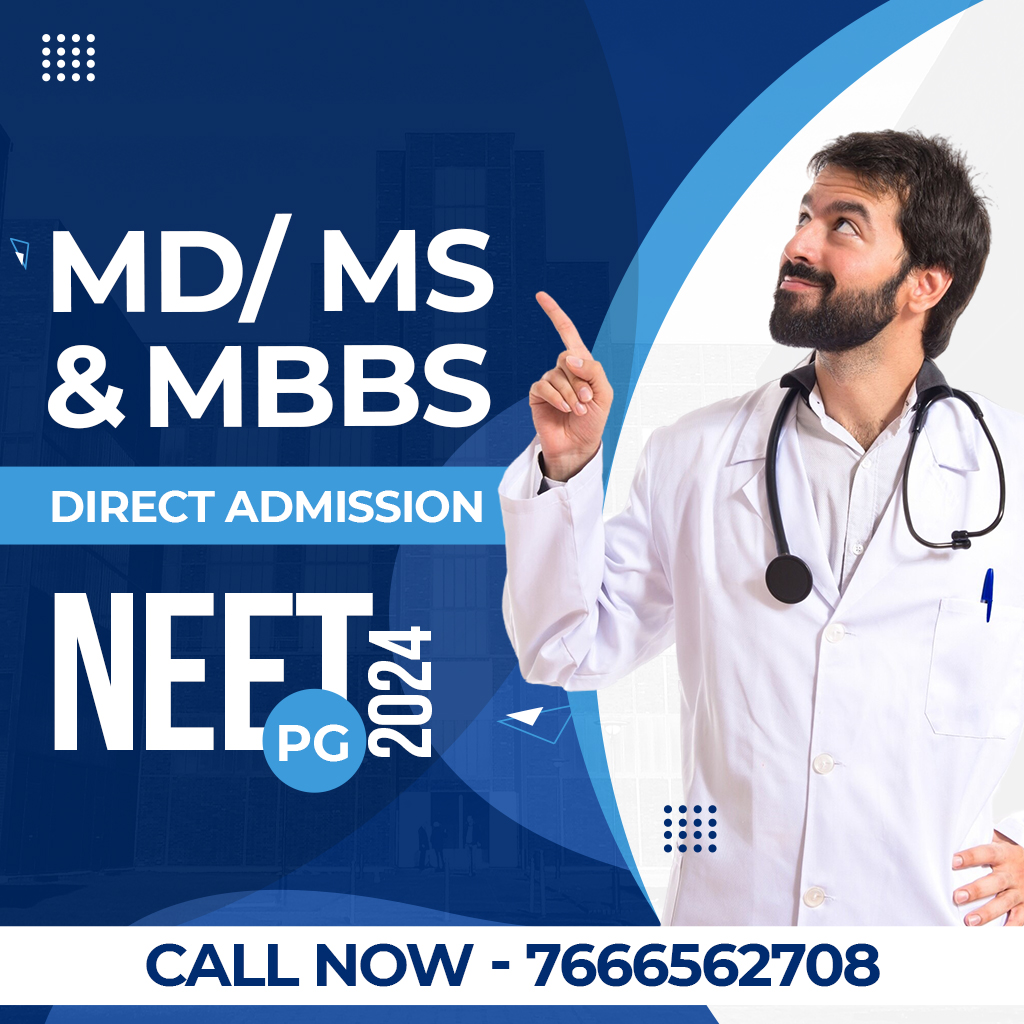more information
TogglePursuing Direct MD Anaesthesia Admission in India
In India, the journey towards obtaining a Master of Doctorate (MD) degree in Anaesthesia is an exciting and challenging endeavor. This postgraduate program equips medical professionals with advanced knowledge and skills in the field of anaesthesia, playing a crucial role in patient care during surgeries and medical procedures.
To embark on this educational path, one must first complete their Bachelor of Medicine and Bachelor of Surgery (MBBS) degree. Once armed with this foundational qualification, aspiring anaesthesiologists can set their sights on MD Anaesthesia admission.
The admission process typically involves a competitive entrance exam. Aspirants need to prepare diligently, as the questions cover topics ranging from anatomy and physiology to pharmacology and clinical skills. Scoring well in this exam is the key to securing a coveted seat in the Direct MD Anaesthesia program.
Once successful in the entrance exam, candidates may be required to undergo a counseling process. During this stage, they can choose their preferred medical institutions offering the Direct MD Anaesthesia program. This decision is crucial, as the quality of education and clinical exposure varies across different institutions.
The MD Anaesthesia program usually spans three years, divided into academic and clinical rotations. In the initial phase, students delve into theoretical aspects, gaining an in-depth understanding of anaesthesia principles and practices. Subjects include anesthesia equipment, perioperative care, and pain management.
Hands-on experience is a vital component of the Direct MD Anaesthesia curriculum. As students progress through the program, they engage in clinical rotations where they work alongside experienced anaesthesiologists. This practical exposure helps them develop critical skills such as administering anesthesia, monitoring patients, and managing complications.
Throughout the program, students also participate in research projects and case presentations. This not only enhances their analytical skills but also contributes to the advancement of knowledge in the field of anaesthesia.
Apart from academic and clinical excellence, interpersonal skills are essential for aspiring anaesthesiologists. Effective communication with patients, surgeons, and other healthcare professionals is paramount in ensuring the safety and well-being of patients undergoing surgical procedures.
As the MD Anaesthesia program concludes, students may need to pass a final examination to demonstrate their proficiency. Successful completion of the program opens up various career avenues, including working in hospitals, clinics, or pursuing further specialization through fellowships.
The demand for skilled anaesthesiologists in India is on the rise, making MD Anaesthesia a promising and rewarding career choice. With the acquired knowledge and practical experience, graduates are well-equipped to handle diverse medical scenarios, ensuring the smooth and safe conduct of surgeries.
In conclusion, MD Anaesthesia admission in India is a challenging yet fulfilling journey for medical professionals seeking to specialize in this critical field. Through a combination of rigorous academic study, hands-on clinical experience, and effective communication skills, aspirants can emerge as skilled anaesthesiologists ready to contribute to the healthcare landscape of the nation.


